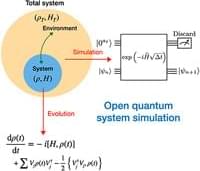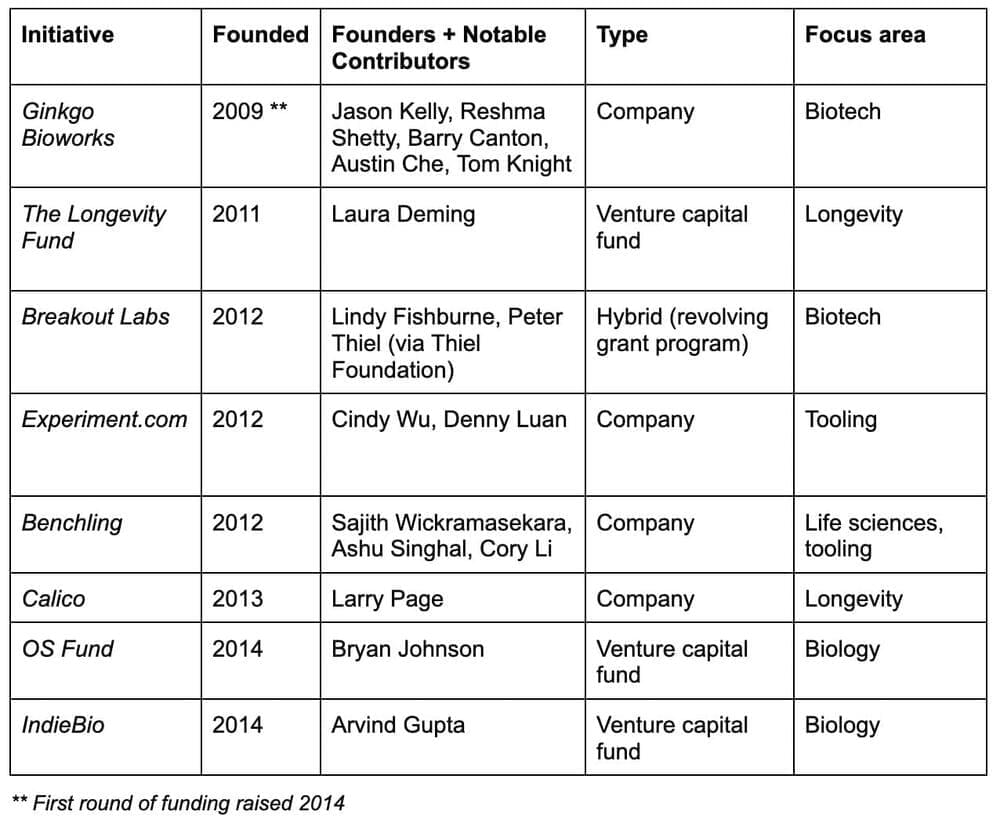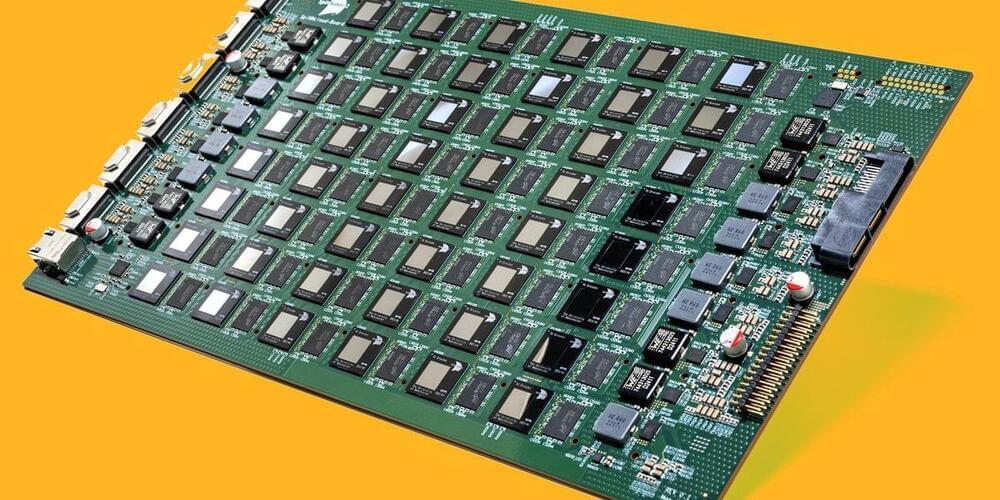Nice.
A novel quantum algorithm, which exploits the relation between the Lindblad master equation, stochastic differential equations, and Hamiltonian simulations, is proposed to simulate open quantum systems on a quantum computer.


An excellent discussion of the history, strategies, and future of new funding models for science wherein we can Ensure that scientific progress can flourish by removing financial and institutional obstacles for the world’s best scientists, so that they can fully pursue their curiosity and produce…
For those who sit between science and tech, it’s hard not to notice the proliferation of new initiatives launched in the last two years, aimed at making major improvements in the life sciences especially.
While I don’t have a science background, nor any personal relationship to the space (other than knowing and liking many of the folks involved), I became interested in learning why the space changed so suddenly, particularly from a philanthropic lens. Figuring out what worked in science can help us tackle other, similarly-shaped problems in the world.
To understand what happened, I looked at examples of science-related efforts in tech over the past ten years (roughly 2011–2021). I looked for patterns that would help me extrapolate the norms and values of the time, as well as inflection points that shifted those attitudes. I also interviewed a number of people in the space to help me fill in the gaps, as well as to understand what they value and what success looks like.

Crucial texts, many available in English for the first time, written before and during the Bolshevik Revolution by the radical biopolitical utopianists of Russian Cosmism.
Cosmism emerged in Russia before the October Revolution and developed through the 1920s and 1930s; like Marxism and the European avant-garde, two other movements that shared this intellectual moment, Russian Cosmism rejected the contemplative for the transformative, aiming to create not merely new art or philosophy but a new world. Cosmism went the furthest in its visions of transformation, calling for the end of death, the resuscitation of the dead, and free movement in cosmic space. This volume collects crucial texts, many available in English for the first time, by the radical biopolitical utopianists of Russian Cosmism.
Cosmism was developed by the Russian philosopher Nikolai Fedorov in the late nineteenth century; he believed that humans had an ethical obligation not only to care for the sick but to cure death using science and technology; outer space was the territory of both immortal life and infinite resources. After the revolution, a new generation pursued Fedorov’s vision. Cosmist ideas inspired visual artists, poets, filmmakers, theater directors, novelists (Tolstoy and Dostoevsky read Fedorov’s writings), architects, and composers, and influenced Soviet politics and technology. In the 1930s, Stalin quashed Cosmism, jailing or executing many members of the movement. Today, when the philosophical imagination has again become entangled with scientific and technological imagination, the works of the Russian Cosmists seem newly relevant.
Future science and technology will permit playing with the building blocks of space, time, matter, energy, and life, in ways that we could only call magic and supernatural today. Someday in the future, you and your loved ones will be resurrected by very advanced science and technology. Inconceivably advanced intelligences are out there among the stars. Even more God-like beings operate in the fabric of reality underneath spacetime, or beyond spacetime, and control the universe. Future science will allow us to find them, and become like them.
These claims are made on the opening page of the book \.
Art Without Death: Russian Cosmism (Sep 1 – Oct 3, 2017)Haus der Kulturen der Welt, BerlinMore about Art Without Death: https://www.hkw.de/en/programm/projek…
Soviet Cosmism (Biocosmism-Immortalism) was a movement of the late 19th and early 20th centuries. According to Boris Groys, Cosmism followed a radicalized logic of \.
New Atlas robot from Boston Dynamics and Figure 1 from OpenAI, leaked $100b OpenAI plan and a new project to avoid our extinction.
Sam Altman, Elon Musk, Geoffrey Hinton, Sora.
To support us and learn more about the project, please visit: / digitalengine.
Experts please get in touch via:
aisafetypath.org.
More about us:
https://aisafetypath.org/about-us.
If we’re lucky enough to reach someone who can fund us on a larger scale, we’d love to hear from you.
Sources.


Human Brain as Supercomputer
Brain-emulating computers hold the promise of vastly lower energy computation and better performance on certain tasks. “The human brain is the most advanced supercomputer in the universe, and it consumes only 20 watts to achieve things that artificial intelligence systems today only dream of,” says Hector Gonzalez, cofounder and co-CEO of SpiNNcloud Systems. “We’re basically trying to bridge the gap between brain inspiration and artificial systems.”
Aside from sheer size, a distinguishing feature of the SpiNNaker2 system is its flexibility. Traditionally, most neuromorphic computers emulate the brain’s spiking nature: Neurons fire off electrical spikes to communicate with the neurons around them. The actual mechanism of these spikes in the brain is quite complex, and neuromorphic hardware often implements a specific simplified model. The SpiNNaker2 can implement a broad range of such models however, as they are not hardwired into its architecture.
